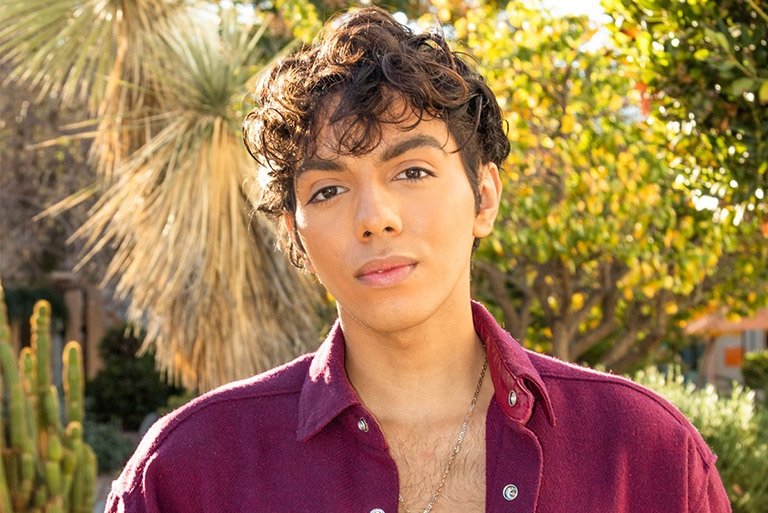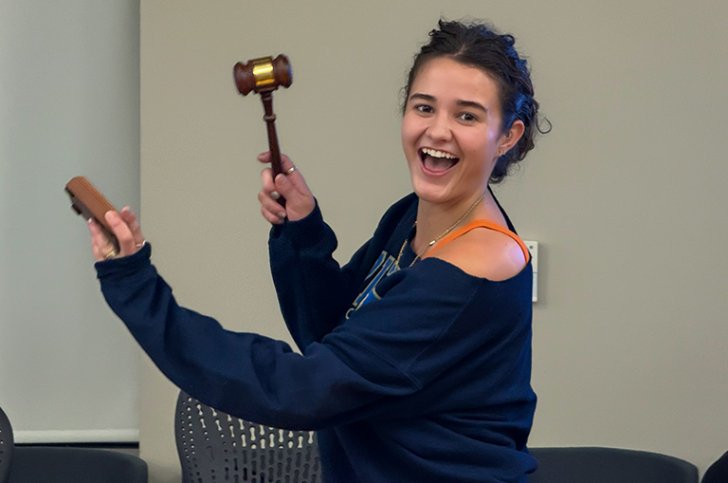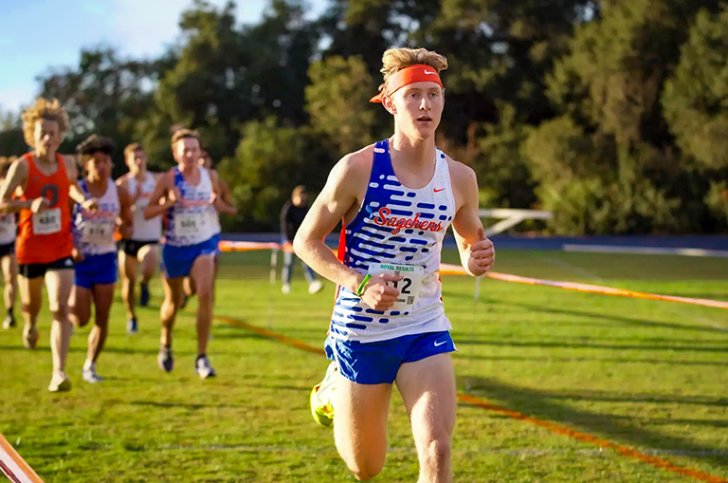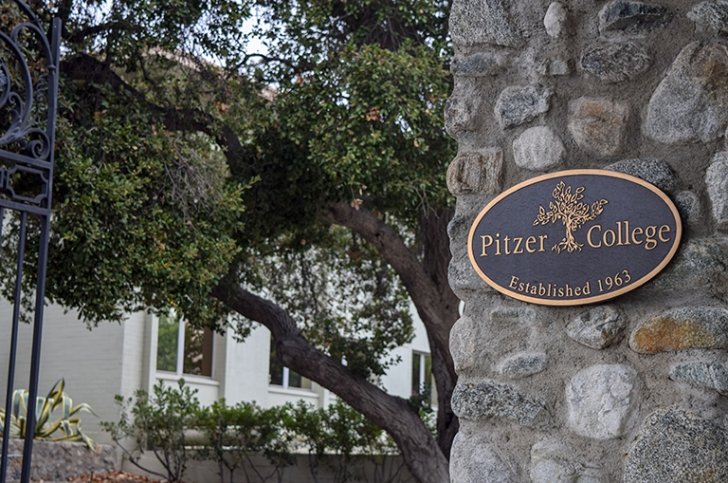Native American Heritage Month Spotlight: Alexander Rodriguez ’24
Meet Alexander Rodriguez ’24 (he/they), a sociology major and Native Indigenous Initiatives coordinator through Pitzer’s Community Engagement Center.

How do your culture and family background influence your work?
My family came to the U.S. for healthcare for my grandmother who had breast cancer. I have extended family in New York City starting in the ’60s. My specific family came in the ’90s. Seeing the diversity in my family’s religious practices, growing up hearing stories of los misterios del campo, recipes for remedios, and my family’s generational agricultural practices gave me an indication of indigeneity at an early age.
How did you get to where you are now? What challenges and victories have you experienced?
In high school, I focused on integrating New York City public schools with a youth-led group called Teens Take Charge. We met with the NYC Department of Education, politicians, and the mayor and went to community education council meetings to talk about admissions and testing policies in schools. NYC has one of the country’s most segregated school systems to this day. My own experiences in public education and the hurdles that my family had to go through to enroll me and my siblings impassioned me for social justice. And so the more I grew up and had to navigate the system for myself, my siblings, and family, the more I started to see day-to-day experiences as rooted in systematic injustice.
I was always considered a “good kid” in school, but familial and generational pressure came with that, of course. In high school, I had academic passions and organized to increase resources for my peers and for myself in order to see those passions take fruition.
In college, I’m navigating the achievement gap and what that means for someone in public school to shift into a different demographic. It’s been hard, but me being here allows for future students to come and reclaim space too. My research, how I participate in my classes, and the book I’m writing are things I’m viewing as ancestral work for future generations to recognize and lean on when they need guidance or reassurance—I hope!
Tell us about your book!
The book is both a culmination and homage of and to my organizing experiences in New York City. The working title is On the Shoulders of Students: Reencounters Integrating New York City Public Schools. It’s a collection of interviews that my co-author and I did with activists who have been integrating schools, starting from the ’60s to now. We’re thinking of self-publishing to ensure our story is unaltered and authentic to all the beautiful people we’ve had the honor of interviewing. Some pretty amazing people are featured, so stay tuned!
What does this heritage month mean to you?
Remembrance, but remembrance that Indigenous people are and always have been thriving and present. When you’re remembering something, you place it in the past. I had a teacher who said to me, “When you remember something, you are remembering the last time you remembered it.” This month should encourage people to confront what it means when you “remember” Indigenous people and what biases make you feel like you must remember something that has never been gone. At the same time, Indigenous Heritage Month should be a smoke signal for what change looks like. We acknowledge that Columbus Day is Indigenous Peoples’ Day, but Columbus Day is still on calendars, and there are plenty of statues in NYC for example. People should interrogate those realities, knowing that history remains unaltered but the future is very much malleable.
How did you end up at Pitzer?
A college access program, Sponsors for Educational Opportunity, had an info session with Pitzer, but I thought it was on a different date. I was organizing at a building not too far away when a friend texted me that it was happening in ten minutes. I ran to that session! I loved the culture around organizing, and it seemed on brand for where I was in life and where I wanted to go. I also ended up speaking to a previous admission counselor by coincidence and well, I am here!
About Pitzer College
Founded in 1963 as a member of The Claremont Colleges, Pitzer College is an academically rigorous, inclusive liberal arts institution committed to open inquiry, community engagement, and educational access for all students. Rooted in a commitment to social justice, environmental sustainability, and meaningful community engagement, Pitzer empowers students to think boldly, act with purpose, and contribute to a more thoughtful and compassionate world.
News Information
Published
Author
Bridgette Ramirez


